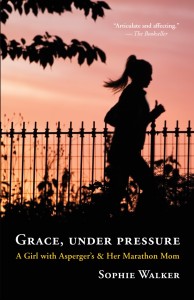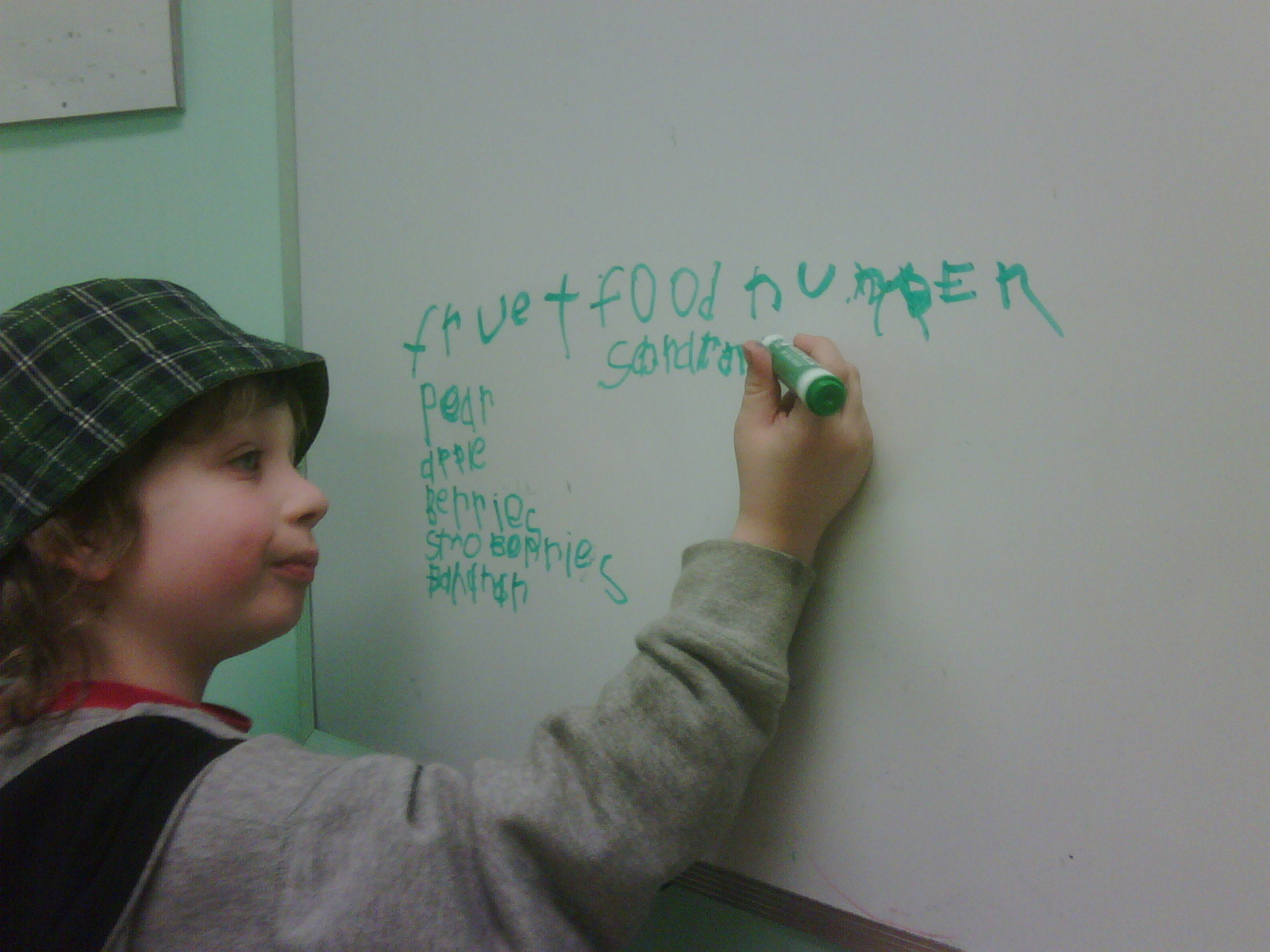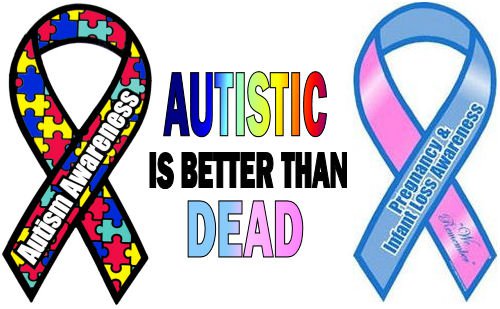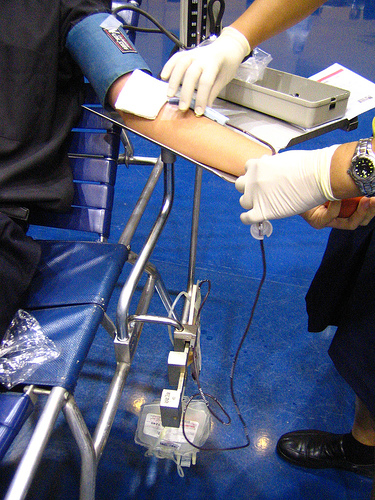Being the parent of a child with autism can be a very lonely experience. Discovering that your child has a lifelong disability is a bit like being catapulted from your life into a kind of parallel universe where you don’t know what any of the rules are. You have to navigate the confusing maze of government funding and services, and at times you – and your child – are at the mercy of the whims and moods of the people who make decisions about what supports your child might qualify for.
As you wander helplessly in your parallel universe, not knowing where to turn, you might suddenly feel a hand in yours. Sometimes it will be a hand that gently guides you in the right direction. Sometimes, it will be a hand that reassures you, that lets you know you are not alone, that there are others in this same parallel universe who know what you are going through.
Reading Grace, Under Pressure by Sophie Walker had that effect on me. I started reading the book during a time when life seemed to be conspiring against me, and as I immersed myself in the story, I felt as if the author had taken my hand to keep me company through this journey.
Sophie’s life and mine have some strong parallels. Like me, she is the parent of a child on the autism spectrum, and running has been a salvation for her just like it has for me. Both of us run to raise funds for autism, and both of us live with the challenges of parenting a neurotypical child alongside a child with special needs.
In Grace, Under Pressure, Sophie tells the story of her life with her daughter Grace, who has Asperger’s Syndrome. Through wonderfully crafted narrative, we are taken through Grace’s early childhood, the struggle for answers and support, and Sophie’s evolution as a marathon runner. We get a balanced look at the ups and downs of special needs parenting, and the blood, sweat and tears of distance running. We see the laughter, the tears, the desperation, and the gut-wrenching relief when the light at the end of the tunnel finally comes into view.
This is a book about so many things. It is about a brave, bright little girl finding her way in a world in which she is different. It is about the unwavering dedication of a mother to her child. It is about the perseverance of an athlete striving to reach new heights.
Above all, it is about courage and inspiration, and the idea that no matter what, we should never give up hope.
 About the author: Sophie Walker has been a journalist for over 15 years, reporting on events in such places as London, Iraq and Afghanistan. She lives in London with her husband and two daughters.
About the author: Sophie Walker has been a journalist for over 15 years, reporting on events in such places as London, Iraq and Afghanistan. She lives in London with her husband and two daughters.
For more information about Sophie Walker and Grace, Under Pressure, please visit http://authorsophiewalker.com/home.
Many thanks to New World Library for providing me with a review copy of Grace, Under Pressure. All opinions expressed in this post are my own.















